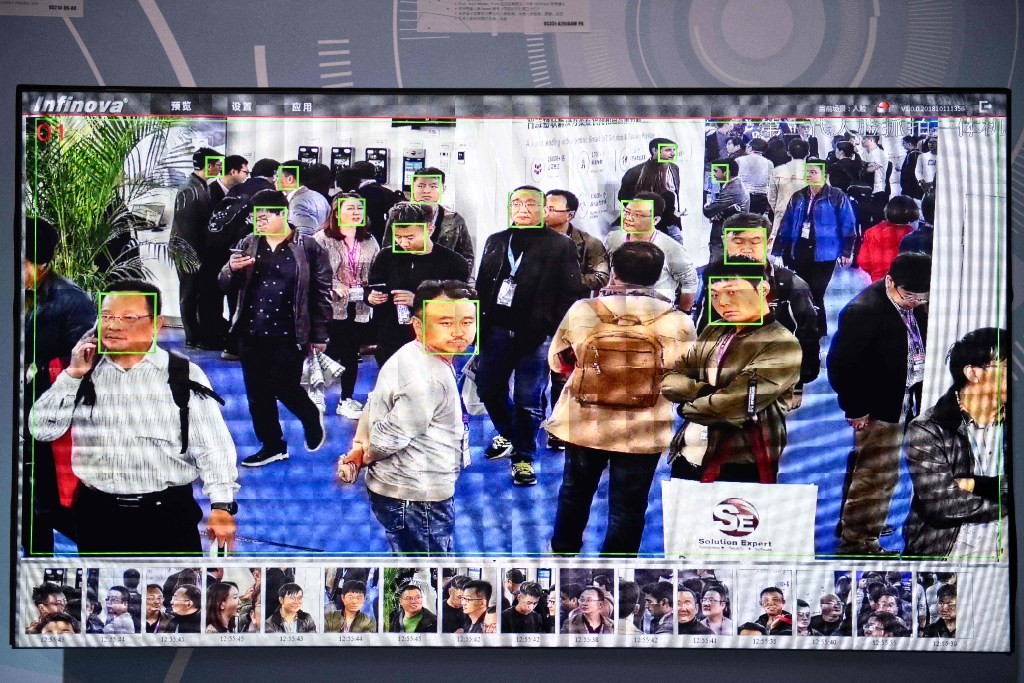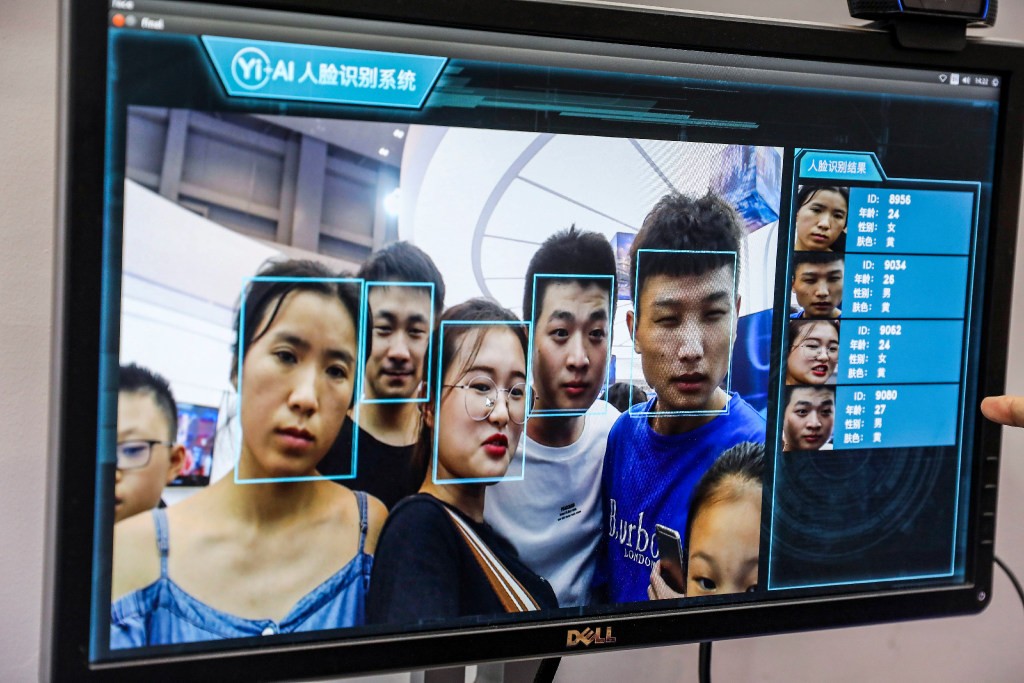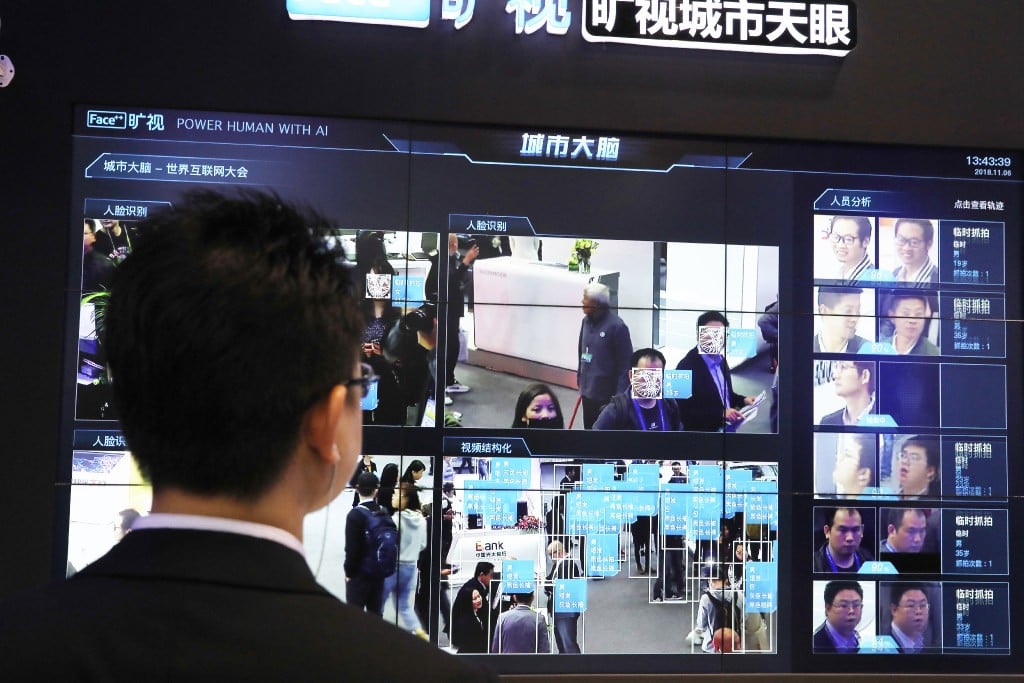Smart ID cards and facial recognition: How China spreads surveillance tech around the world
Smart ID cards and facial recognition: How China spreads surveillance tech around the world
A lucrative Chinese export has found eager customers from Asia to South America.
I’m not talking about cheap clothes or electronics. Increasingly, governments from around the world are turning to China for technology that enables surveillance and tracking.
The latest example comes from Venezuela, where authorities have enlisted Chinese telecom giant ZTE to build a digital ID system, designed to monitor medical records, social media presence, and even vote participation using smart cards, according to a Reuters report.
It’s a vision that meshes closely with China’s. In a country where cell phone owners, gamers and social media users all have to register with their real names, critics worry that the Chinese government can pressure companies to expose the identity and behavior of any customer. As these technologies become more indispensable, people are finding it difficult to opt out, despite privacy concerns.
And that’s merely one instrument in China’s giant surveillance toolbox.

Other countries are adopting facial recognition systems made by Chinese companies, raising questions about personal privacy and human rights. A recent report from Freedom House, a think tank funded by the US government, says that Chinese tech companies are supplying AI surveillance tools to 18 of the 65 countries it assessed.
On some occasions, they are said to be feeding data back to China.
Under a deal struck with Zimbabwe’s government back in March, Chinese startup CloudWalk will work on a facial recognition project that includes building a national database of faces, China’s Global Times reported.
“Such collaboration and the data it provides not only enhance the Chinese government’s own tech-infused policing capacity, but also renders the companies’ products more effective and attractive to foreign autocrats,” wrote the Freedom House.

Dahua, a Chinese company banned from supplying to the US government, told the Global Times that Mexico is a client of their “Safe City” solution -- a network of surveillance cameras powered by facial recognition technology, deployed in the capital city and two states. The stated aim is to detect traffic violations and spot fugitives.
Public security is commonly cited as a justification for mass surveillance. After Ecuador installed CCTV cameras from China, an official told Chinese state media Xinhua that the national crime rate dropped by almost a quarter.
Meanwhile, police in Malaysia are being equipped with body cameras linked with technology from Chinese startup Yitu. Images captured are automatically matched with a police database. “This is a significant step forward for us as we leverage artificial intelligence to increase public safety and security,” said the head of the Auxiliary Force.
And that’s only the beginning.
There’s no lack of ambitious Chinese startups vying for business around the globe. Megvii, a partner of China’s Ministry of Public Security, demonstrated its facial recognition tools to Thai police. Rival Yitu opened an office in Singapore this year -- their first outside of China.

It’s an image that China is eager to show off to the world, judged by the abundance of facial recognition firms in last week’s World Internet Conference, an annual showcase held by the Chinese government in the historic city of Wuzhen.
There, the country’s propaganda chief championed the idea that each country should choose their own digital future, without interference from the outside.
“We should adhere to the principle of respecting cyber sovereignty, respecting every individual country’s right to choose its own development path for cyberspace, model of cyber governance and internet public policy,” he said.





0 General Document comments
0 Sentence and Paragraph comments
0 Image and Video comments
General Document Comments 0

